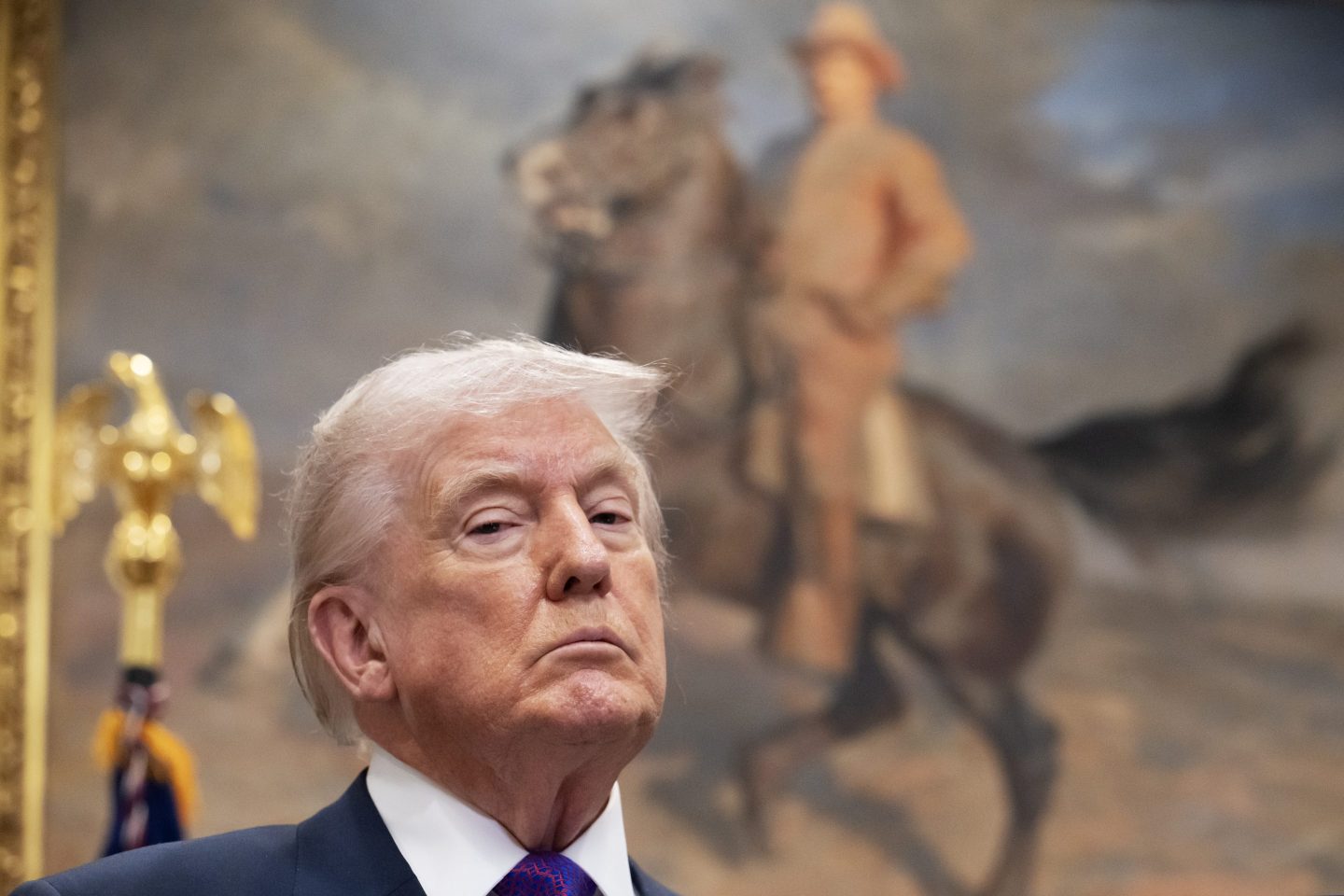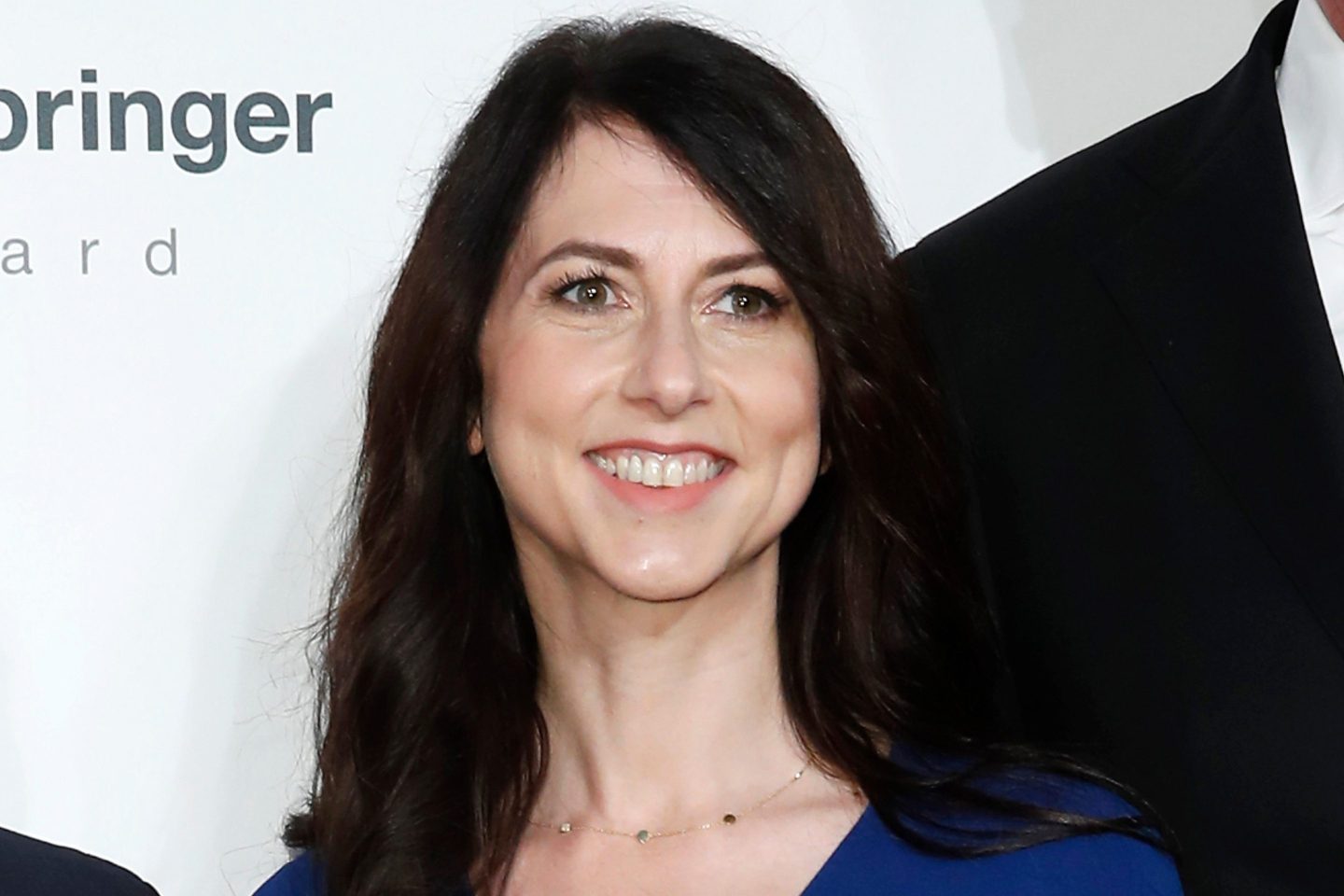Perhaps someone in your life has told you that you need to “listen more.” Maybe it’s even something you’ve vowed to get better at this year as part of your resolutions.
Apple Siri users however have a distinctly different message for the company this year: Listen less!
Apple just agreed to pay $95 million to settle a lawsuit alleging Siri secretly eavesdropped on iPhone users’ conversations and then passed the recorded chit-chat to advertisers (e.g. “Wait, we were just talking about chia pets and now I’m getting ads for them all over my feed!”).
Apple has not acknowledged any wrongdoing in settling the suit, according to the AP. If the settlement is approved by the court, you could be entitled to a payout of $20—a nominal financial sum, but a priceless vindication for anyone mocked for insisting their phone was listening to them.
Here’s something else worth listening to: Fortune is hosting its annual Brainstorm dinner next week in Las Vegas, in prelude to the CES trade show. Guest speakers include Mark Cuban, entrepreneur and cofounder of Cost Plus Drugs; Teddy Bekele, chief technology officer at Land O’Lakes; Sagar Mehta, chief technology officer at OpenTable; and Lauri Palmieri, senior vice president of solution engineering at Salesforce. If you’re interesting in joining Data Sheet’s Andrew Nusca and guests at the dinner on Jan. 6, just click this link. —Alexei Oreskovic
Want to send thoughts or suggestions to Data Sheet? Drop a line here.
Zuck swaps out Meta's policy point person

Mark Zuckerberg is making a big change to his government affairs team ahead of Trump’s inauguration, with top policy point person Nick Clegg leaving the company and a veteran GOP operative stepping in.
Clegg, a former U.K. Deputy Prime Minister who joined the company in 2018 and lauched the company’s oversight board, will be replaced by Joel Kaplan, a VP who once served as former U.S. President George W. Bush’s Deputy Chief of Staff.
The news, first reported by Semafor, represents a major shakeup on Meta’s senior leadership team and reflects the company’s efforts to adapt to a radically changed political landscape. The president elect—who once threatened to have Zuckerberg jailed—and his entourage of right-wing supporters are far more concerned about issues of free speech and alleged censorship on social media platforms than they are about curbing misinformation.
Clegg said on Thursday that he would leave Meta in the “next few months,” after handing over the reins to Kaplan, who he described as “quite clearly the right person for the right job at the right time.”
Net neutrality: Round 100
Is the Net Neutrality forever-war finally over?
On Thursday, a federal appeals court in Cincinnati handed telecom companies a major victory in their longrunning dispute with internet companies over their ability to control, and limit, the data that flows through their pipes. The court said the FCC lacked the authority to re-impose net neutrality laws, in a blow to the Biden administration’s push to promote open internet policies.
The ruling means that internet service providers such AT&T and Verizon are free to craft special deals that favor content streamed by certain online companies, while limiting the bandwidth available to others. Netflix, YouTube and other giants can afford to pay the tolls; smaller internet startups may not.
The net neutrality debate goes back a long time. The rule was initially passed by the FCC in 2015 under the Obama administration, and then repealed in 2017 during the Trump administration.
Many of the media reports framed the latest legal ruling as the final chapter in the long running saga. As Reuters notes however, while it's true that the incoming Trump administration is unlikely to appeal the ruling to the U.S. Supreme Court, advocacy groups that support Net Neutrality could very well decide to do so. In other words: It ain't over ‘till it’s over.
Chinese drones targeted by U.S. Commerce Department
The U.S. may restrict or ban Chinese-made drones, the Commerce Department said Thursday.
A full-blown ban would transform the market for consumer drones, which is utterly dominated by Chinese companies like DJI and Autel Robotics.
Similar national-security concerns are also behind proposed Commerce Department restrictions on Chinese cars—though China’s world-leading electric vehicles are already effectively shut out of the U.S. by 100% tariffs.
President Biden already signed a military bill last month that says an unspecified government agency must assess DJI and Autel’s national security risks within a year. DJI says it will be forced to stop selling new drones in the U.S. once that year is up, if no assessment has taken place. —David Meyer
More data
Despite looming ban threat, it’s business as usual for TikTok creators and advertisers. They don't think change is coming.
Short seller Hindenburg Research has a new target: Carvana. It alleges accounting manipulation.
Terraform Labs cofounder Do Kwon pleads not guilty. From Montenegro to Manhattan.
Cybersecurity leaders are scrambling to educate employees on generative AI threats
Gamers are getting some new 4K OLED panels to choose from. What else is coming at CES?












